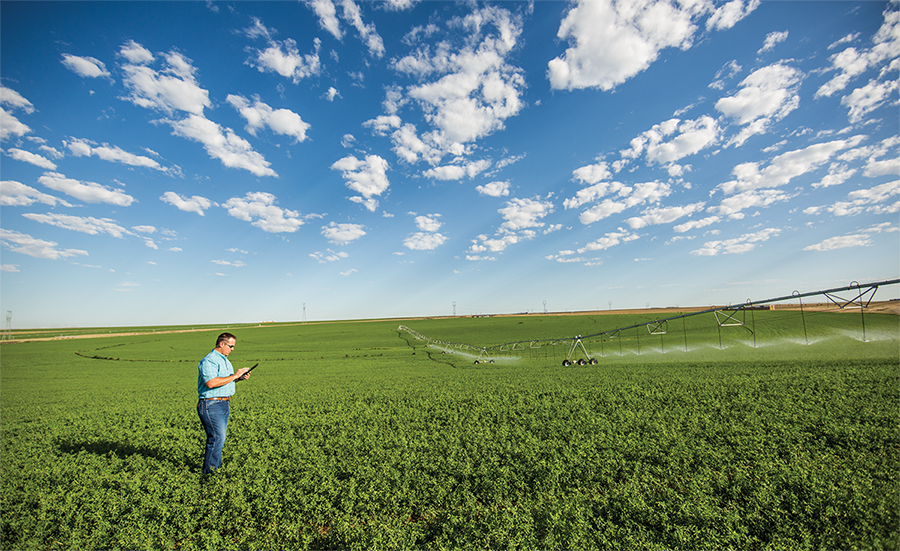On this episode of Conservation Ag Update, brought to you by Martin-Till, precision specialist Chad Baker, co-owner of Baker Precision Planter Works in Orangeville, Ill., helps a first-generation no-tiller with planter setup, and later encounters a couple problems with a strip-tiller’s new 24-row planter. Plus, veteran agronomist Brad Forkner checks in with a couple tips for farmers to keep in mind before they take the field.

